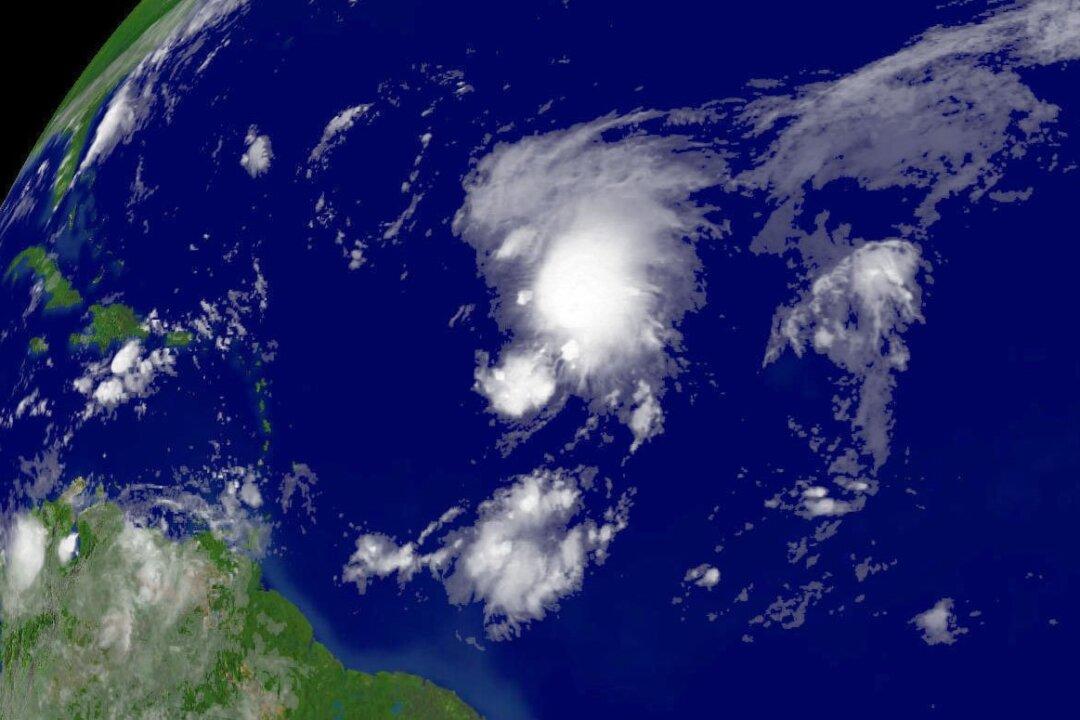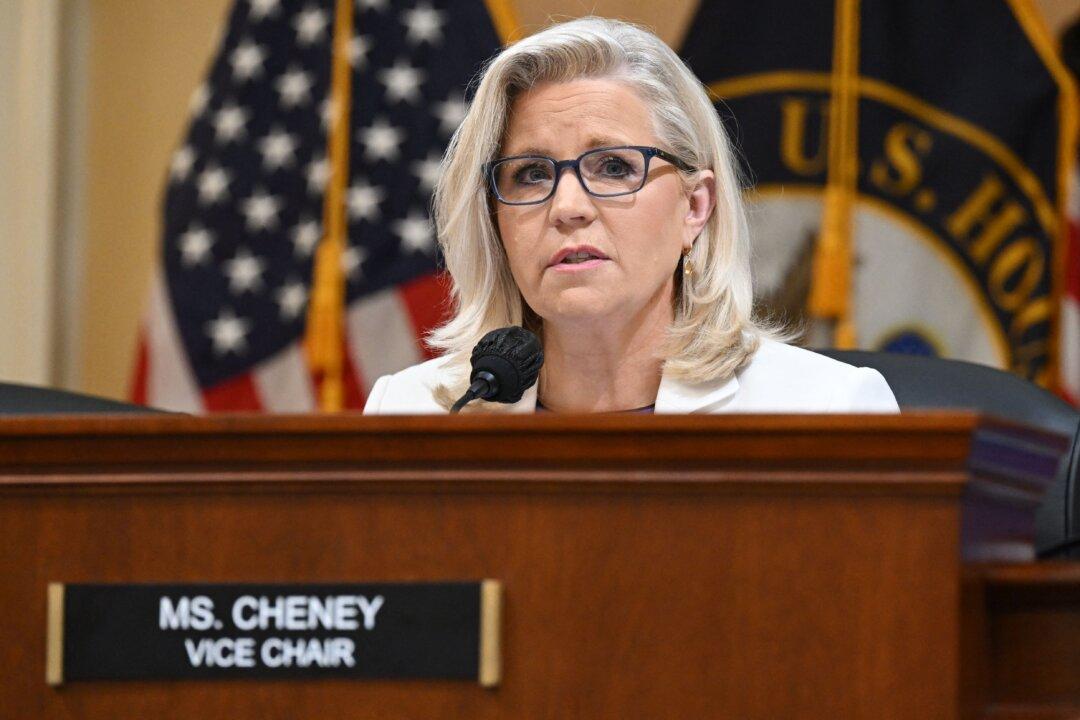Democratic Party stalwart John Kerry published a letter this month claiming that global warming—and even the act of scientifically debating global warming—poses a threat to national security. Kerry’s letter lists 58 co-signers with a national-security background, primarily from the Obama administration.
The letter implores President Donald Trump to block the formation of a proposed federal “red team/blue team” panel of scientists to examine global warming issues.





